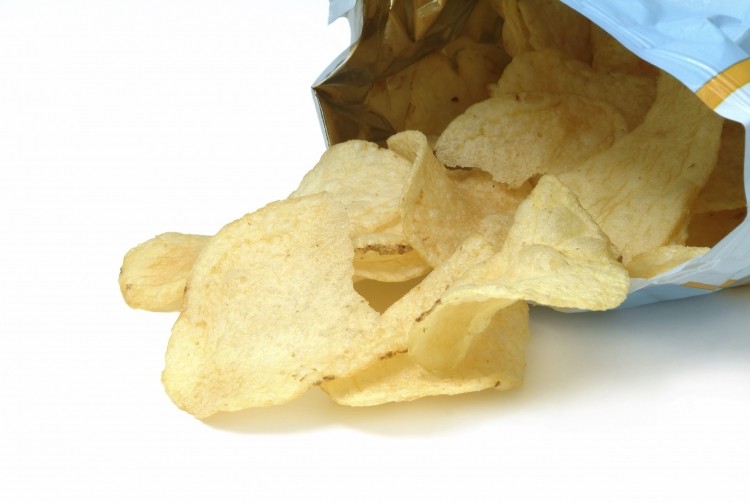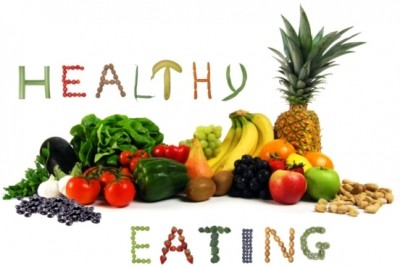Mums don’t trust food industry

Despite the food industry’s efforts to reduce salt, fat and sugar content, a survey of mums, by organic baby food manufacturer Organix showed a large proportion didn’t trust that food made for children was healthy.
Dr Kirsten Rennie, who specialises in nutrition at the University of Hertfordshire, said research found that some foods marketed at children were unhealthier than those marketed at adults.
‘Substantially more fat and sugar’
“Foods like yogurts and cereal bars often had substantially more fat and sugar per 100g than similar adult-version products,” said Rennie. “This is very worrying.”
Recent data published in the journal Public Health Nutrition, stating foods targeted at toddlers and children were typically higher in salt, fat and sugar, backed Rennie’s claim.
Fewer than 10% of mums surveyed by Organix said they trusted the food industry to make safe and healthy food for children.
Three quarters believed many foods claiming to be healthy were high in salt, fat and sugar, and two thirds called for increased regulation from the government to ensure food targeted at children was healthy and nutritious.
“We know that parents want to give their children good, healthy and nutritious food, but it’s not always easy to make good food choices,” said Anna Rosier, md of Organix.
Labelling was also an issue and more than a third of mums said they didn’t understand what half of the ingredients on packets were. More than six out of 10 wanted clearer food-labelling and nearly half said clearer labelling would help them make healthier choices.
“We are calling for the government and the food industry to do their part. We need regulation and clear, easy to understand labelling that will help parents choose the best for their children,” Rosier added.
‘We need regulation’
Figures from the survey were gathered to launch Organix’s week-long ‘No Junk Challenge’ today (April 28), which aims to help families “reclaim healthy eating”.
More than 20% of children in the UK (one in five) are entering school overweight or obese and only 20% of children eat vegetables on a daily basis, according to government statistics.
Regulation of children’s foods needed to be tighter so parents knew what additives, colourings and flavourings were in them, as there was little understanding of their effects, according to the charity First Steps Nutrition, which was established to research childhood nutrition.
Rosier added: “We are launching the No Junk Challenge to help parents with advice on how to read the ingredients, to identify the dirty dozen, as well as providing fun activities to show parents what is in the food, and simple recipes to try at home.”
Mums versus junk food in percentages
- 90% of mums think children eat too much junk
- 75% want the food industry to reduce the levels of salt, fat and sugar in food targeted at children
- 59% are often shocked by the number of ingredients in foods targeted at children
- 55% are worried about what goes into children’s food
- 78% try to avoid buying food that’s high in fat, salt and sugar
- 41% believe avoiding artificial additives is almost impossible
Source: Organix
















